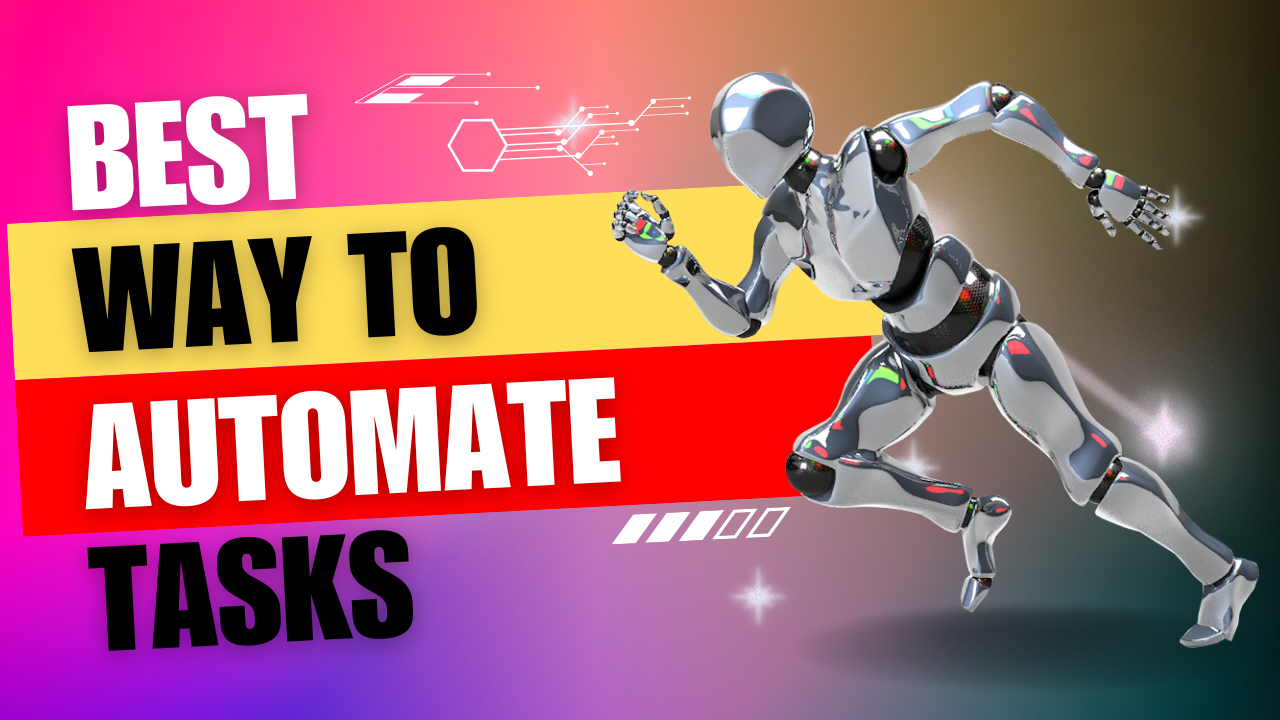Navigating the Digital Landscape: The Imperative need of Bypassing captchas in Today's World

In the vast expanse of the internet, where information flows freely and connectivity knows no bounds, the humble CAPTCHA stands as a sentinel, guarding the gates against automated bots and malicious actors. Yet, in today's fast-paced digital world, the need to bypass captchas has emerged as a pressing concern for legitimate users and businesses alike.
By presenting users with challenges that are easy for humans to solve but difficult for bots to decipher captchas have gained a room in today’s online interactions, captchas aim to thwart automated activities such as data scraping, spam, and account creation.
However, the ubiquity of captchas in online interactions has introduced a myriad of challenges for users. From deciphering distorted text to identifying obscure images, CAPTCHA challenges can be time-consuming and frustrating, deterring users from accessing content or completing desired actions. This is particularly problematic in scenarios where speed and efficiency are paramount, such as online shopping, account registration, or information retrieval. There is where EndCaptcha comes into play.

Moreover, the proliferation of captchas across various online platforms has led to a phenomenon known as "CAPTCHA fatigue," wherein users become desensitized to the challenges and seek ways to circumvent them. This has given rise to a thriving market for CAPTCHA bypass solutions, which promise to expedite user interactions by automating the captcha-solving process.
The need to bypass captchas is especially pronounced in industries that rely heavily on automation and efficiency, such as e-commerce, digital marketing, and data analytics. In these sectors, the ability to access and analyze vast amounts of data in real-time can provide a competitive edge, enabling businesses to make informed decisions and deliver personalized experiences to users.
Nevertheless, the demand for CAPTCHA bypass solutions persists, driven by the relentless march of technological progress and the imperative of efficiency in the digital age. As online interactions become increasingly seamless and frictionless, users and businesses alike will continue to seek ways to streamline their experiences and optimize their workflows. Here you can find our various APIs for the most popular captchas out-there.
In response to this demand, CAPTCHA bypass services have emerged, offering automated solutions that promise to navigate CAPTCHA challenges with speed and accuracy. These services leverage advanced algorithms and machine learning techniques to analyze and solve CAPTCHA challenges in real-time, enabling users to bypass the barriers and access desired content or services with minimal effort.
In conclusion, the need to bypass captchas in today's world reflects the evolving dynamics of online interactions and the relentless pursuit of efficiency in the digital age. While captchas serve a vital role in protecting against automated bots and malicious activities, they also present challenges for legitimate users and businesses seeking to navigate the digital landscape. As technology continues to advance and online interactions become increasingly seamless, the quest to bypass captchas will remain a pivotal aspect of the online experience, driving innovation and shaping the future of digital engagement.




